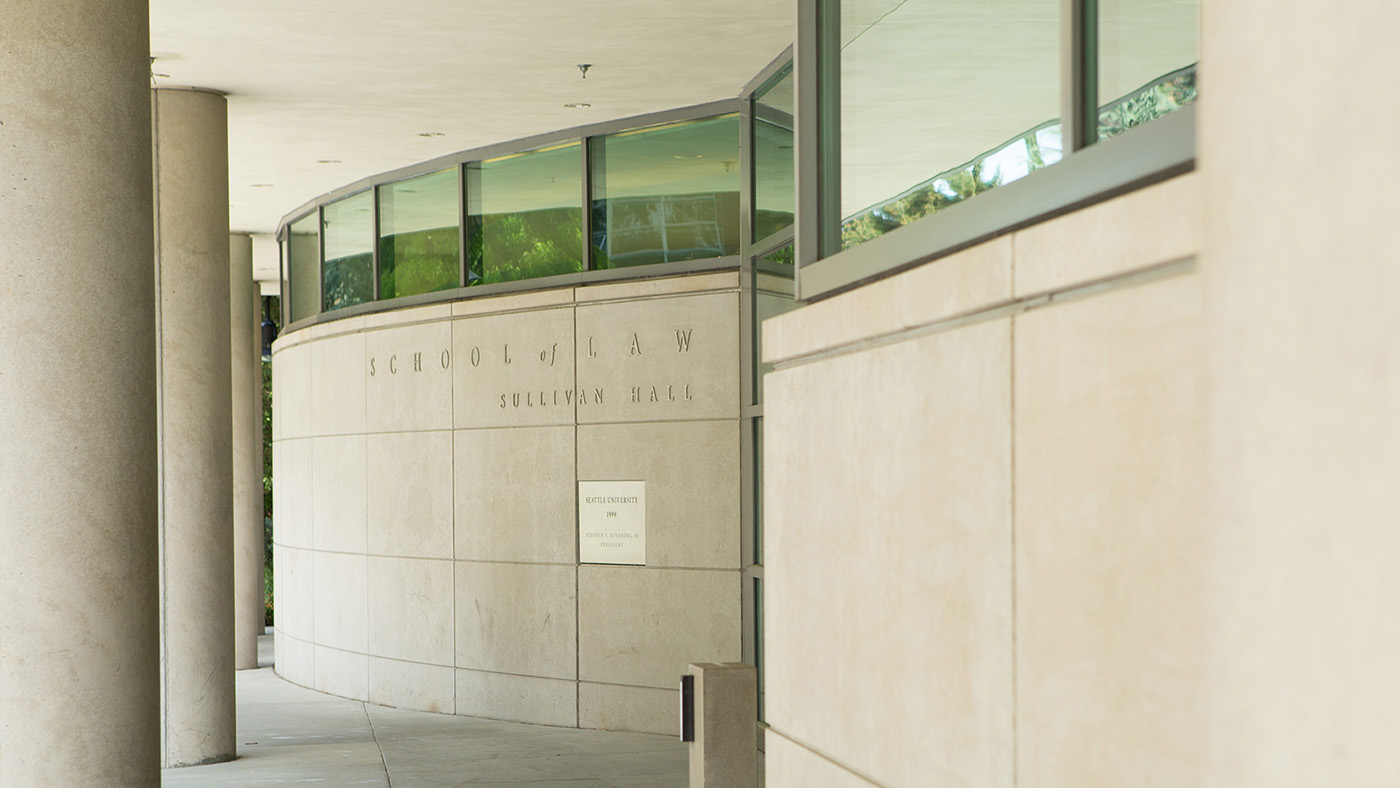Seattle University School of Law’s Center for Civil Rights and Critical Justice will expand the school’s commitment to empowering faculty and students to deploy critical research, education, and advocacy to reveal and remove systems of racism, oppression, and exclusion within the law.

Comprised of nationally renowned faculty scholars and thought leaders, “this Center will continue to be a crucial force to synergize diverse and innovative approaches to teaching, advocacy, and scholarship to address racial injustice and other forms of discrimination, all in fulfillment of Seattle University’s Jesuit, Catholic mission of educating the whole person, fostering professional formation, and educating leaders towards a just and humane world,” said Dean Anthony E. Varona.
As an integral part of a Jesuit institution, the law school is committed to creating and growing a community that cares deeply about social justice in the law. The Center continues the work of the Fred T. Korematsu Center for Law and Equality, which until July 1 was led here by Professor Robert S. Chang, who is now on the faculty of the University of California Irvine School of Law.
“We greatly appreciate and respect all that Professor Chang accomplished during his tenure here, particularly his leadership of the Korematsu Center. We wish him the greatest and continued success at his new home at UC Irvine,” Varona said.
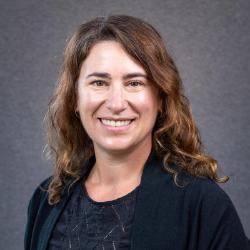
Among the new leaders of the Center will be Professors Melissa Lee and Jessica Levin, who will serve as co-directors after previously serving as co-assistant directors of the Korematsu Center.
“These two accomplished leaders will continue the school’s legacy of education, advocacy, and research that transforms the way our legal system recognizes and remedies race- and class-based subordination,” said Professor Paul Holland, associate dean for Experiential Learning. “Through their deeply researched, incisively written amicus advocacy on behalf of the Korematsu Center, and their critical roles on the Task Force on Race in Washington’s Criminal Justice System, Professors Lee and Levin have earned strong reputations within the Washington legal community and, increasingly, across the country.”
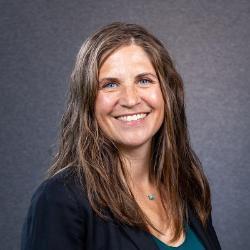
Lee and Levin will implement the Center’s holistic, multi-disciplinary, multi-forum approach, informed by deep engagement with faculty at the law school whose scholarship explores issues of racial inequality and other forms of subordination.
In their new roles, Lee and Levin will continue to provide Seattle U Law students with opportunities to engage in impactful advocacy through the Civil Rights Clinic.
“In the clinic, Seattle U Law students have opportunities to confront and address issues of racial bias and inequality in real cases,” Lee said. Clinic students have worked on briefs that contributed to the Washington Supreme Court’s decisions that overturned the death penalty statute and that changed the legal standards that govern racial bias in criminal trials.”
In addition to the Civil Rights Clinic, the Center will include additional continuing and new programs and initiatives.
The Calhoun Family Fellowship, also led by Lee and Levin, engages students in an intensive study of racism and oppression and connects them with leaders in the community who are working to transform the criminal legal system.
“Through both the Calhoun Fellowship and the Civil Rights Clinic, we work side by side with students on the Center’s systemic advocacy, training them as social justice practitioners who can operate across substantive areas of law,” Levin said.
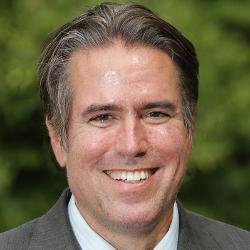
The Center also will expand its work to encompass critical legal theory, providing the institutional home for the new Critical Justice Initiative. Led by nationally-acclaimed faculty members Steven Bender and Angela Harris, both of whom are thought leaders and have published widely in this area, the initiative aims to educate, protect, nurture, and amplify the critical knowledges and histories of historically marginalized and oppressed groups and communities.
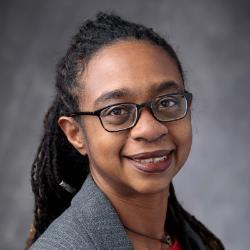
“I’m looking forward to developing the Critical Justice Initiative as a way to protect and connect critical theory to ongoing struggles and to help students and young scholars gain new perspectives on daunting challenges through critical insights,” Harris said.
In addition to serving as an umbrella for a variety of projects and initiatives – including workshops, curricular development, and more – to expose and reach the root sources of persistent social problems, the Critical Justice Initiative also will be a principal supporting institution of the Journal of Law and Political Economy, which Harris founded and where she serves as co-editor-in-chief.
“The Journal could not be more pleased about its affiliation with Seattle University School of Law,” Harris said. “The cutting-edge, interdisciplinary field of Law and Political Economy seeks to understand the role of economic, social, and political power in market societies, and to promote human flourishing and resilience on a rapidly destabilizing planet. I think our mandate to publish the highest quality scholarly research in this field aligns perfectly with Seattle U’s social justice mission, as well as with its cross-campus strengths in business, ethics, technological innovation, environment, and law.”
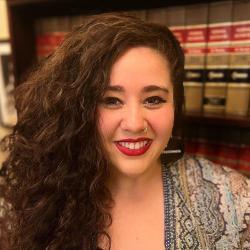
The Center welcomes Professor Pilar Margarita Hernández Escontrías, Ph.D. as its research director.
“It is an honor to step into a role that will allow me to be in community with leaders whose life work has been to radically imagine more possibilities for justice and freedom,” Hernández Escontrías said. “I look forward to building and creating with Professors Lee and Levin, who have committed their careers to serving system-impacted community members, and with Professors Harris and Bender, who have challenged the legal profession to critically (re)examine how we teach, learn about, and practice the law.”
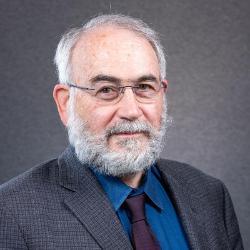

The Center also will continue to house two of the law school’s long-established and vital systemic advocacy programs. The Defender Initiative, led by Professor from Practice Robert C. Boruchowitz, works to effect systemic improvement in the provision of public defense services in Washington state and nationally. The Homeless Rights Advocacy Project, led by Professor Sara Rankin, engages students in effective legal and policy research, analysis, and advocacy work to advance the rights of homeless adults and youth.
For more information, see the Center for Civil Rights and Critical Justice.

